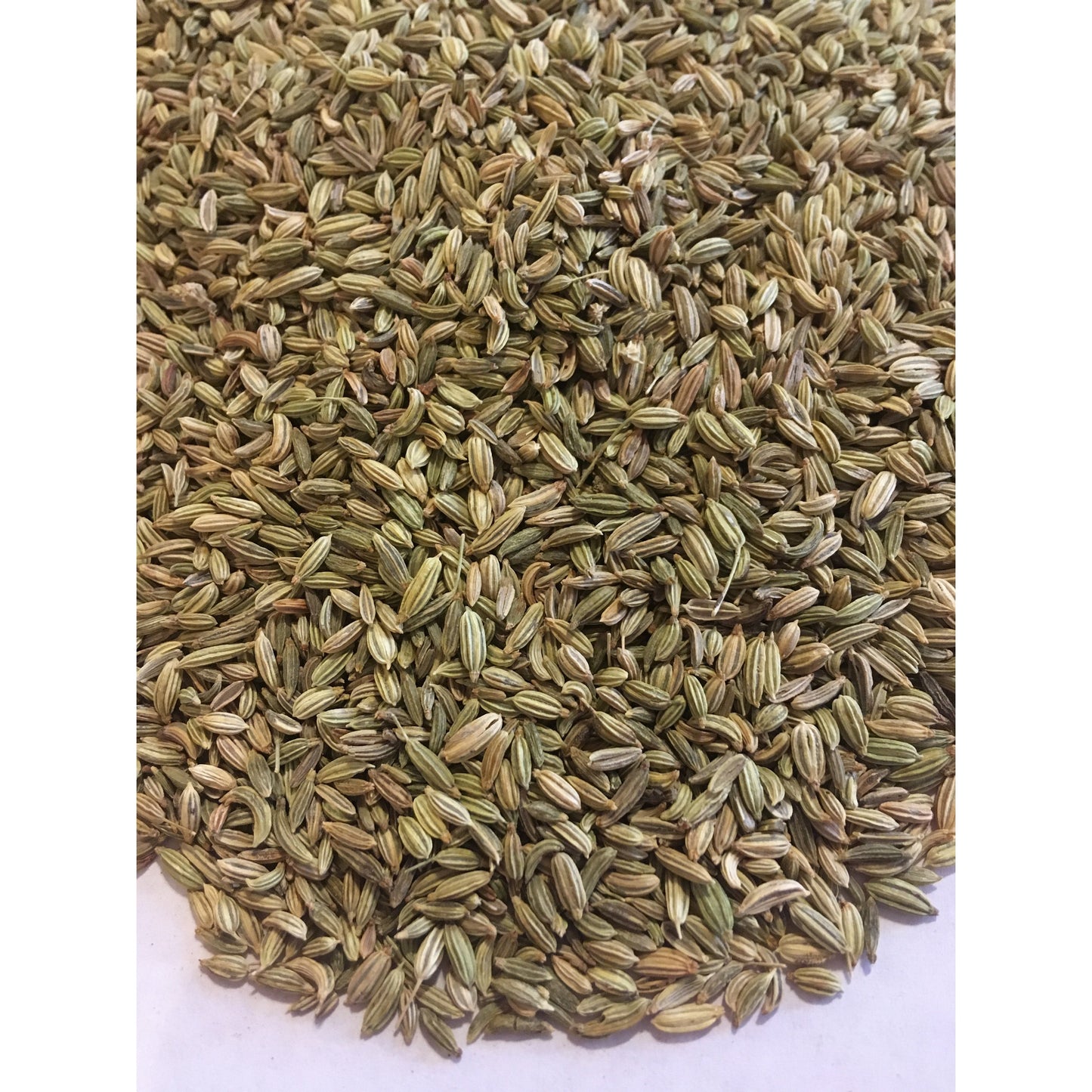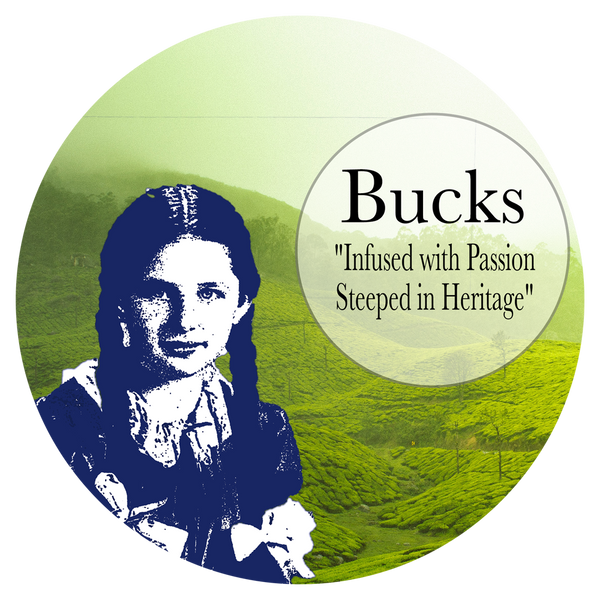vendor-unknown
Fennel Seed, whole (aka Saunf)
Fennel Seed, whole (aka Saunf)
Couldn't load pickup availability
(Foeniculum vulgare) is a flowering plant species in the carrot family. It is a hardy, perennial herb with yellow flowers and feathery leaves. It is indigenous to the shores of the Mediterranean but has become widely naturalized in many parts of the world, especially on dry soils near the sea-coast and on riverbanks.
Fennel is a highly aromatic and flavorful herb with culinary and medicinal uses and, along with the similar-tasting anise, is one of the primary ingredients of absinthe.
The bulb, foliage, and seeds of the fennel plant are used in many of the culinary traditions of the world. The small flowers of wild fennel (known as fennel "pollen" are the most potent form of fennel, but also the most expensive.
Dried fennel seed is an aromatic, anise-flavored spice, brown or green in color when fresh, slowly turning a grey as the seed ages. Fennel seeds are sometimes confused with those of anise, which are similar in taste and appearance, though smaller. Fennel is also used as a flavoring in some natural toothpastes. The seeds are used in cookery and sweet desserts.
Many cultures in India and neighboring countries, Afghanistan, Iran, and the Middle East use fennel seed in cooking as one of the most important spices in Kashmiri Pandit and Gujarati cooking. Fennel is an essential ingredient of the Assamese/Bengali/Oriya spice mixture panch phoron and in Chinese five-spice powders. In many parts of India, roasted fennel seeds are consumed as mukhwas, an after-meal digestive and breath freshener, or candied as comfit.
The Greek name for fennel is marathon (μάραθον) or marathos (μάραθος), and the place of the famous battle of Marathon literally means a plain with fennel. The word is first attested in Mycenaean Linear B form as ma-ra-tu-wo.
As Old English finule, fennel is one of the nine plants invoked in the pagan Anglo-Saxon Nine Herbs Charm, recorded in the 10th century.
In the 15th century, Portuguese settlers on Madeira noticed the abundance of wild fennel, and used the Portuguese word funcho (fennel) and the suffix -al to form the name of a new town, Funchal.
- packaged in plastic zip-lock
Share

Subscribe to our emails
Subscribe to our mailing list for insider news, product launches, and more.

